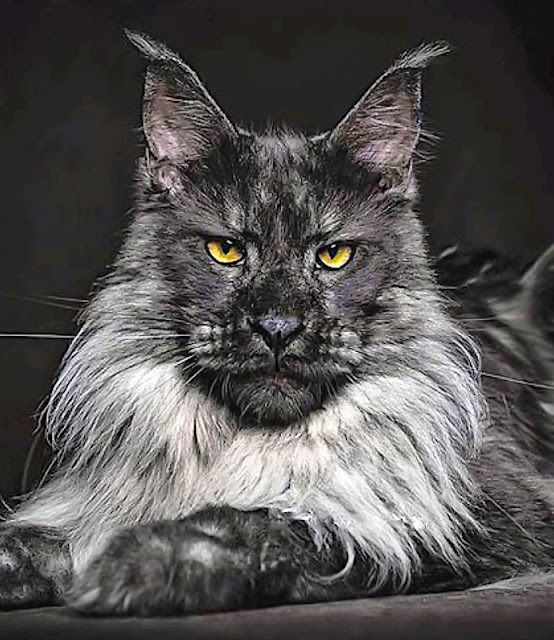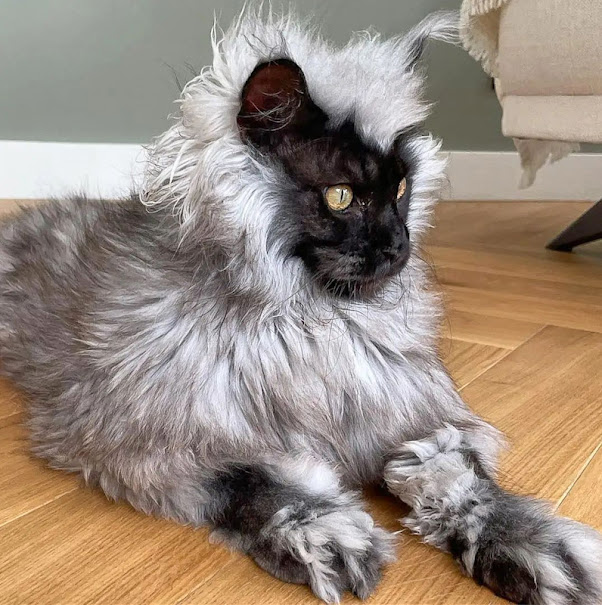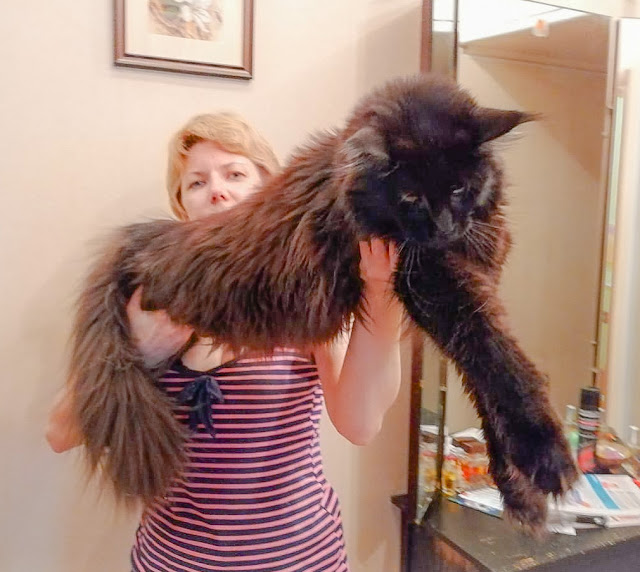Maine Coon cats predisposed to more than one type of heart disease
We know that Maine Coon cats are predisposed to hypertrophic cardiomyopathy (HCM) and in fact about 30% of Maine Coon cats have a genetic mutation that predisposes them to HCM. However, a research lab did some work on a Maine Coon cat owned and living with Kathy Janson. The lab is based at the University of Cincinnati. A researcher there is Sakthivel Sadayappan, PhD.
Janson's Maine Coons were dying of HCM prematurely but in this instance they analysed the blood of Janson's cat, Freddie, and they were surprised to find that he did not have the more common mutation linked to HCM.
 |
Sakthivel Sadayappan, PhD, shown in the University of Cincinnati College of Medicine. Photo: Colleen Kelley/University of Cincinnati |
The researchers: Sadayappan and his postdoctoral fellow, James McNamara, Ph.D, used genetic sequencing from blood acquired from Freddie's parents to look for genetic variants i.e. mutations. They found that both of his parents had one mutated copy of troponin-T (TNNT2), which they had passed onto Freddie.
This gene provides instructions for making a protein called cardiac troponin T, which is only found in the heart muscles. It helps to ensure that the heart works normally. As the gene had mutated it prevented the hard-working normally but his condition had been stabilised.
They decided that Maine Coon cats may not just suffer from one genetic mutation causing HCM but others which may cause disease as well. The researchers will use their work on Maine Coon cats to help them to carry out further work with respect to HCM in humans.
From my perspective, the article on the phys.org website is important because it seems to be saying that Maine Coons are predisposed to more than one type of heart disease due to inheriting genetic mutations. This would seem to extend our knowledge of the inherited diseases suffered by this hugely popular purebred cat.
The study is published on the journal Frontiers in Physiology.










Comments
Post a Comment
Please share your Maine Coon experiences.